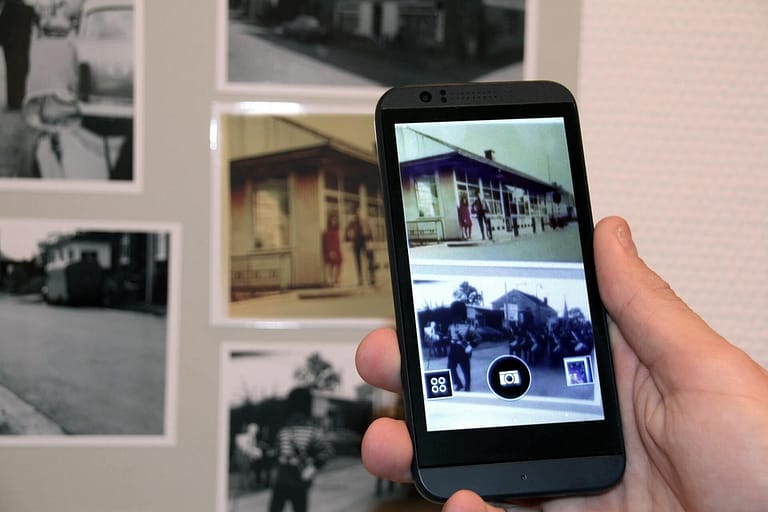Tips for Balancing Work, Life, and Hobbies
Achieving a work-life balance is a crucial aspect of leading a fulfilling and satisfying life. It refers to the equilibrium between professional commitments, personal responsibilities, and the pursuit of hobbies and interests that bring joy and fulfillment. In today’s fast-paced and demanding world, finding this balance has become increasingly important for overall well-being and happiness. In this article, we will explore some tips and strategies for effectively balancing work, life, and hobbies.
Identify priorities and goals
To achieve a healthy work-life balance, it is essential to identify and prioritize personal and professional goals. This involves assessing what truly matters to us and aligning our actions and commitments accordingly. By clearly defining our priorities, we can allocate time and energy to the areas of our life that have the greatest significance. Setting realistic goals that encompass work, personal life, and hobbies is equally important. These goals should be achievable and measurable, allowing us to track progress and make necessary adjustments along the way.
Time management techniques
Effective time management plays a crucial role in maintaining a healthy work-life balance. It involves establishing and sticking to a schedule that allows for the fulfillment of personal, professional, and hobby-related commitments. Prioritizing tasks and delegating when possible can help us make the most efficient use of our time. It is also important to identify and avoid time-wasting activities, such as excessive social media use or procrastination. By utilizing time management techniques, we can create more time for ourselves and achieve a better balance between work, life, and hobbies.
Learn to say no
Learning to say no is a vital skill when it comes to maintaining a healthy work-life balance. It is important to recognize and set boundaries, both personally and professionally. Evaluating commitments and being selective about the tasks and activities we undertake allows us to avoid overextending ourselves. Furthermore, communicating effectively to decline requests that may interfere with our priorities and goals is crucial. Learning to say no without feeling guilty or obligated is an essential step towards achieving a more balanced and fulfilling life.
Self-care and relaxation
Taking care of our physical and mental well-being is an integral part of maintaining a healthy work-life balance. Incorporating regular exercise and healthy habits into our daily routine allows us to recharge and maintain optimal energy levels. Additionally, setting aside dedicated time for relaxation and recreation is equally important. Engaging in hobbies and activities that bring us joy and allow us to unwind can significantly contribute to our overall well-being. By prioritizing self-care and relaxation, we can enhance our ability to balance work, life, and hobbies effectively.
Seek support and delegate responsibilities
No one can achieve a work-life balance alone, and seeking support from family, friends, and colleagues is crucial. Building a strong support system allows us to lean on others during challenging times and share responsibilities. Furthermore, identifying tasks that can be delegated to others frees up time and energy for more meaningful activities. Balancing responsibilities and seeking assistance when needed is vital for creating the necessary space and flexibility to pursue both work and personal endeavors.
Flexibility and adaptability
In a rapidly changing world, being open to change and embracing flexibility is key to maintaining a healthy work-life balance. Rather than striving for a strict separation between work and personal life, embracing work-life integration allows us to find harmony between the two. This means being adaptable and adjusting our schedule and commitments when necessary. It also involves recognizing and accepting our own limitations and not expecting perfection in every aspect of our life. By being flexible, adaptable, and realistic, we can navigate the complexities of work, life, and hobbies more effectively.
Conclusion
Achieving a work-life balance is a continuous journey that requires effort, planning, and self-reflection. By implementing the tips and strategies explored in this article, individuals can gradually find equilibrium and fulfillment in their personal and professional lives. The benefits of maintaining a healthy balance between work, life, and hobbies are numerous, including reduced stress, improved overall well-being, and increased productivity. So, take the initiative to prioritize, manage your time effectively, learn to say no, practice self-care, seek support, and be flexible in your approach. Strive for a life that is fulfilling, purposeful, and balanced.







